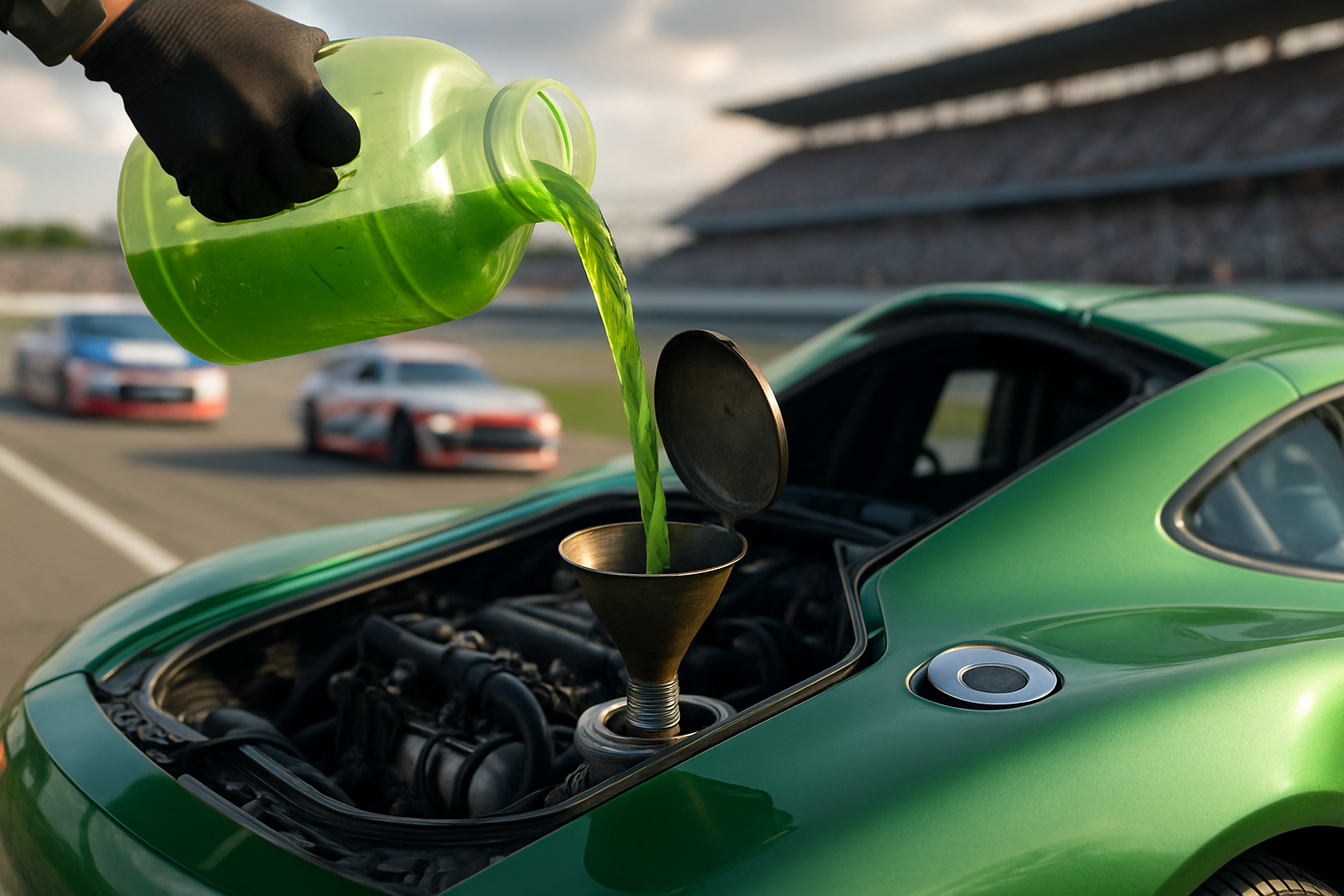Racing Ahead: The Compelling Trajectory of Biofuels in Motorsport
Imagine a thrilling motorsport event where roaring engines are powered not by conventional fuel, but by biofuels, derived from plants and waste material. This might seem like a distant dream, but it's closer to reality than you might think. This article delves into the fascinating world of biofuels in motorsport, tracing its history, technological advancements, and its exciting future prospects.

Biofuels in Motorsport: A Historical Overview
Biofuels and motorsport have a long intertwined history. The use of biofuels in racing can be traced back to the early 20th century when ethanol, produced from corn, powered the legendary Ford Model T. Over the years, the relationship between biofuels and motorsport has evolved, driven by technological advancements and an increasing focus on sustainability in the racing world.
Technological Advances: From Ethanol to Advanced Biofuels
Originally, the biofuels used in motorsport were primarily first-generation biofuels, such as ethanol and biodiesel. However, the limitations of these fuels, including concerns about food security and land use, led to the development of advanced biofuels. These advanced biofuels, derived from non-food sources like waste materials and algae, offer greater sustainability and performance benefits. Today, they’re paving the way for a new era of greener, faster racing.
Current Trends: Sustainability in the Fast Lane
Today, the motorsport industry is witnessing a shift towards more sustainable practices, with biofuels playing a significant role. There’s an increasing recognition that motorsport, with its global reach and influence, can act as a powerful platform to promote sustainable technologies. Biofuels are now being used in different racing categories, from NASCAR to Formula E, showcasing the potential of these green fuels in a high-performance setting.
The Impact of Biofuels: Challenges and Opportunities
Despite the potential benefits, the use of biofuels in motorsport is not without its challenges. These include technical issues related to engine compatibility and fuel availability, along with regulatory hurdles. However, these challenges also offer opportunities for innovation and development. By overcoming these hurdles, the motorsport industry can demonstrate the viability of biofuels, not just on the race track, but also for everyday road vehicles.
Looking Ahead: The Future of Biofuels in Motorsport
The future of biofuels in motorsport looks promising. With the ongoing advancements in biofuel technology and an increasing commitment to sustainability, it’s likely that biofuels will play an even bigger role in the motorsport world. As we continue to race towards a more sustainable future, one can’t help but be excited about the possibilities that lie ahead.
In conclusion, while the journey of biofuels in motorsport has been a complex one, marked by challenges and breakthroughs, it’s a journey that’s far from over. As we stand at the brink of a new era in racing, powered by sustainable biofuels, it’s clear that the finish line is just another starting point.






